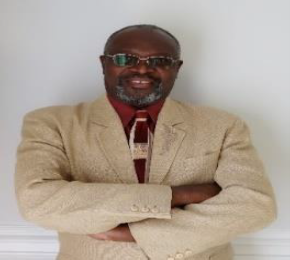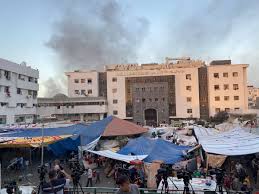- Details
- World
- 1015
|
|
The University of Aberdeen is the only University in the world to offer a free of charge, fully online course on the impact of Female genital mutilation (FGM). The 4-week course covers all aspects of FGM, from the physiological and psychological consequences of FGM to the legal aspects of health and social care and is open to health and social care professionals, educators, police, and anyone with an interest in women and girls’ health and ending FGM. Launched in 2022, one thousand, one hundred and four learners have already participated, and it has proved so popular that it will now run continuously rather than once a year. The course was developed following a University of Aberdeen survey of UK medical schools that suggested graduating medical students felt under-prepared to deal with FGM in a professional capacity. Female genital mutilation was made illegal in the UK in 1985 but it is thought that more than 100,000 live with the effects in the country today. The FutureLearn course aims to fill in a gap identified in training for many health and social care professionals in the UK, and beyond. The course, Female Genital Mutilation (FGM): Health, Law, and Socio-Cultural Sensitivity, has been developed following research from the University to help add context to the wider impacts of FGM and the legal duty of a health and social care professional in reporting FGM practices within the UK. Dr Heather May Morgan who co-developed and co-leads the course explains: “FGM affects 200 million women and girls all over the world according to the World Health Organisation (WHO). More than one hundred and thirty thousand women are estimated to be living with FGM consequences in the UK, so not just in Africa, Asia and the Middle East, where practices originated. “The mental and physical health impacts can be devastating yet a gap in education on FGM has led to a lack of confidence among health care professionals and others to deal with this harmful practice. “On this four-week course, learners will build their understanding of FGM to help them recognise and report indicators of FGM or plans to inflict it. “Ultimately, we hope that this knowledge will increase learners’ confidence and help empower them to play a more active role in ending FGM.” Co-founder, Military Doctor and University of Aberdeen graduate, Victoria Kinkaid, said: "Educating frontline professionals on FGM and their mandatory reporting duty is an essential piece of the multi-sectorial efforts to end FGM in this generation. Frontline professionals, including teachers, police and healthcare professionals have a key part to play in being able to recognise FGM, and girls at risk of the practice, and then report it."
|













